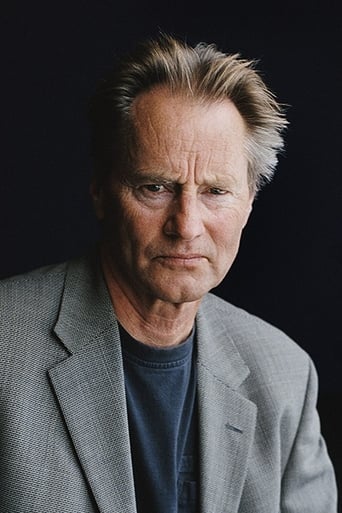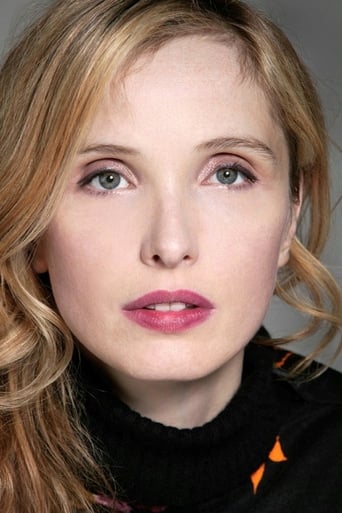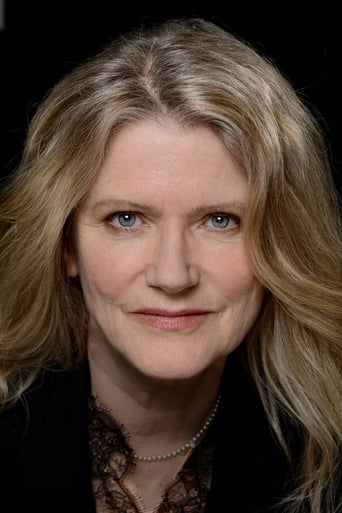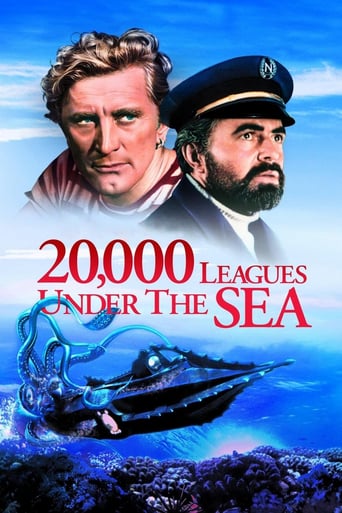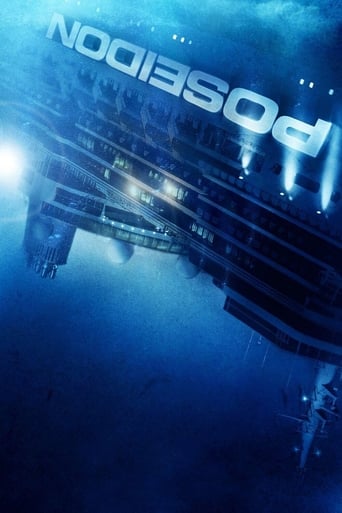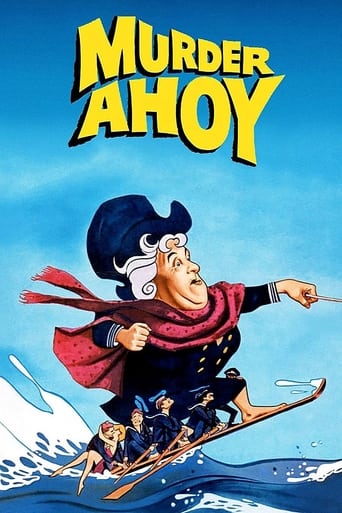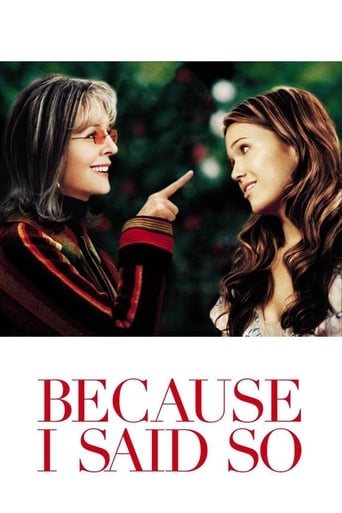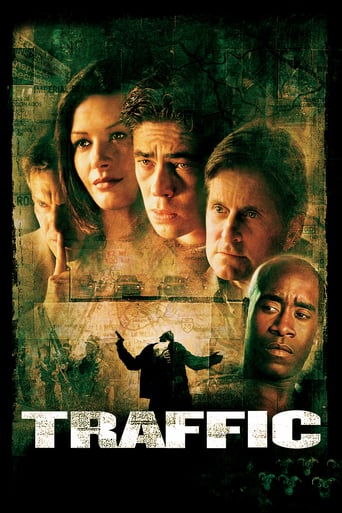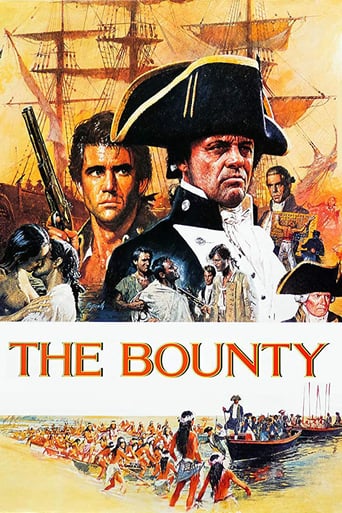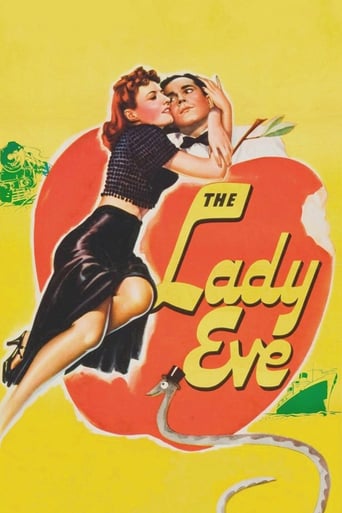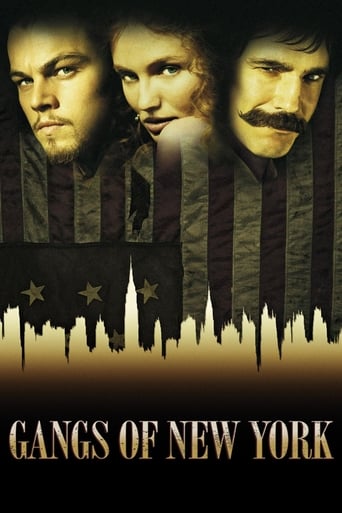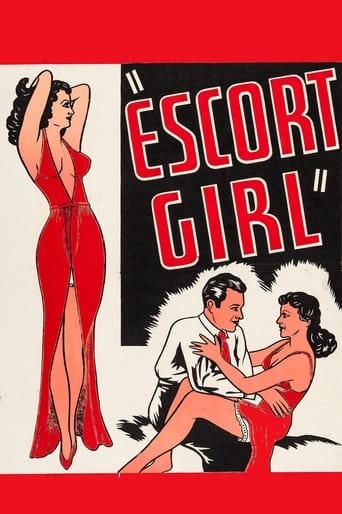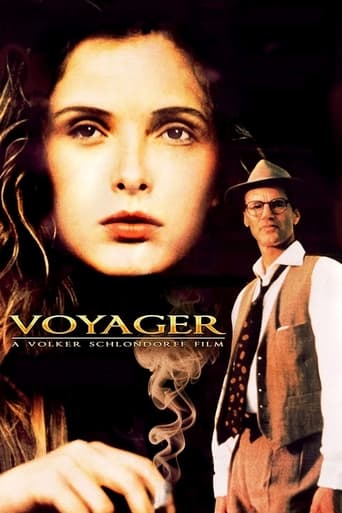
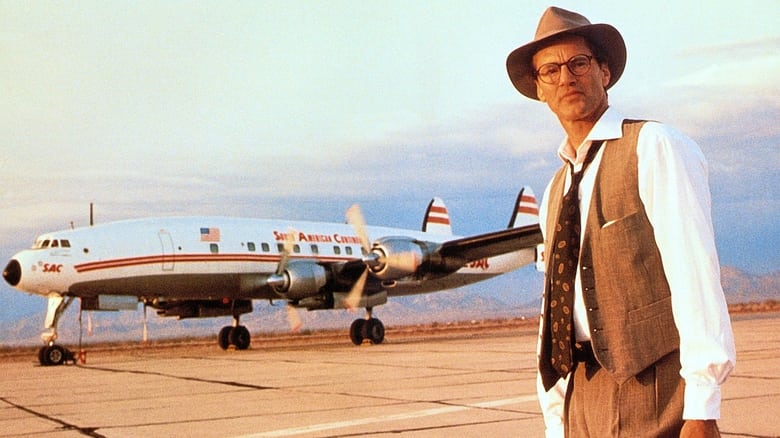
Voyager (1991)
Walter Faber has survived a crash with an airplane. His next trip is by ship. On board this ship he meets the enchanting Sabeth and they have a passionate love affair. Together they travel to her home in Greece, but the rational Faber doesn't know what fate has in mind for him for past doings.
Watch Trailer
Cast


Similar titles
Reviews
The Voyager is in fact a drama that happens to use the novel Homo Faber by Max Frisch as its backdrop. The director picked the main three characters and boiled down the plot to its essence which takes the viewer on a globe spanning journey of coincidences and places its main protagonist Walter Faber who is an engineer who doesn't believe in fate squarely in front of his past and down a spiral to the destruction of the life of his own daughter. Certain aspects of the movie come across as far fetched because the viewer cannot benefit from the additional information available to the reader of the book. On the other hand the movie brings across the immediacy of the tragic events much closer to home and resonate with a receptive audience. The novel and this movie try to show that life cannot be reduced to a simple formula and that the mind is not equipped to deal with the matters of the heart. In that the Voyager succeeds in translating the core of the plot. Students of the novel will of course be disappointed because the director had to cut out many scenes and aspects of the book. With that in mind we are still left with a movie that should get some emotions flowing.
This is an extremely moving and tragic tale of hopeless love between a middle-aged man and a young girl, who ultimately discover that they are really father and daughter. Such situations do arise. Many stories are known of brothers and sisters, and less frequently, of fathers and daughters, who have been separated all their lives, meet when adult, fall in love and even marry. It is because they are irresistibly drawn to each other for reasons they do not comprehend, and they have no previously existing incest taboo. In fact, it would be more usual than not for such a couple to end up in love. This story is taken from the novel HOMO FABER, published in 1957, by the famous Swiss author and playwright Max Frisch (1911-1991). Several grumpy reviews have been written by people complaining that the film is not sufficiently faithful to the original novel. Films rarely are, and we just have to get used to that. The only time a novel was perfectly translated to the screen was in the case of that work of genius, THE FOUNTAINHEAD (1949), where the novelist Ayn Rand not only wrote the screenplay but was given total creative control, overriding even King Vidor as director, and was able to choose her own leading man (Gary Cooper) as well. But otherwise, it has never happened. As someone who has not read Frisch's novel, I am free of the angst which so assails the distressed reviewers who have. The film is made magical by the performance of the enchanting Julie Delpy, who at that age had stepped straight off a canvas by Botticelli. She achieves shadings of mood and emotion of infinite hue, and shows a true genius, whether it be purely instinctive or by design, but it was impossible for me to watch this, even for the second time, without being spellbound at what she brings to the screen. Perfectly cast as her father is Sam Shepard, though he is annoying for two reasons: first, that he never takes his hat off indoors, which is simply infuriating, and second, that despite being supposed to be Swiss, he cannot pronounce the name Joachim properly. Those two sins are hard to forgive. Otherwise he is splendid. But the main credit for this dazzling creation must go to the director, the brilliant Volker Schlöndorff, who has achieved a true work of art. Delpy's mother is played by Barbara Sukowa, who is a very famous actress in Germany, despite her Polish name. She is always fascinating. In this film, however, she is required to play an extremely irritating character, so she is far from sympathetic. But she does it very well. Shepard got Sukowa pregnant when they were young, but she hysterically over-reacted when she imagined him to be marrying her without sufficient enthusiasm, and walked out on him just before the wedding and disappeared. She then married a man she didn't love and gave birth to Delpy who ended up fatherless because Sukowa left the man anyway. The whole tragedy was thus caused by Sukowa's headstrong and irrational behaviour. Twenty-one years later, Shepard meets Delpy on an ocean liner and they are irresistibly drawn to one another. He fights it but she is determined that she loves him, and who could resist Delpy, then or now? So love happens. They slowly make their way to Athens where Delpy's mother is working as an archaeologist, and just before they get there it becomes clear that Delpy is Sukowa's daughter, but Shepard still does not know whether she is really his daughter yet. Then a tragedy occurs. Delpy is bitten by a horned viper (I didn't know they had them in Greece, I thought they only had adders, but I must be wrong), and there is a desperate attempt by Shepard to get her to hospital and save her life. At this point Sukowa turns up. She is extremely unfriendly to poor Shepard, before she even realizes there is any reason to be. They both worry together about Delpy and Sukowa confirms that she is really his daughter, so the tragedy of his love for her becomes unescapable. Delpy survives the snakebite but further tragic events unfold, and things get sadder still. I shall not reveal more. This is a long and deeply engrossing film, made by a master, perfectly cast, and infinitely sad. What really makes it such a classic is the angelic waiflike quality of Delpy. She really is unique in the cinema, and now she is also a director, producer, editor, and composer as well. She did all that for 2 DAYS IN Paris (2007, see my review). So she is a phenomenon. But as an actress, this film is one of her greatest achievements, perhaps the finest.
The only other Schlöndorff movie I was aware of having seen before this was Palmetto, a hyper-twisty neo-noir made in the States . I liked that movie a whole lot, but it didn't prepare me for Homo Faber which is very dense, well made and literary. Definitely not the "man with hot pants" type of neo noir, like Palmetto, The Hot Spot, Body Heat, Romeo is Bleeding &c. Indeed it's not that obviously noir, because it's steers free of many of the cycle's clichés, whilst keeping what is perhaps the essential ingredient: fatalism, wherein an initial mistake spirals out of control and controls your destiny. The film is not conceptual film noir, it doesn't wallow in the plot arc, or the destruction of a character. The only film I feel I can truly compare it to is the English Patient. Both movies have romantic themes, have extremely good literary-based scripts, contain educated well-spoken protagonists, excellent location shooting, unobtrusive period recreation, and take place in eras not too far apart in time.So Homo Faber is a man, Walter Faber, a prodigal engineer, who seems like a laid back cross between Fitzcarraldo and Brunel. He's too caught up in his romance with engineering to seize the moment and the girl. He is reminiscent in this sense of Dominic in Youth Without Youth, and Zetterstrøm in Allegro (excellent films), both love-blind men caught up in their pursuits (linguistics and piano playing). As Cupid is the real God and reigns over drama, these men must be punished.Homo Faber is Latin for The Man Who Forges His Own Destiny, which is ironic, because in the film Faber is subject to a series of extremely rare coincidences, seemingly manipulated by Providence. There's a duality though, because in a very real sense he has forged his own destiny, it's just that it's inescapable.The movie is a luscious wonder, it takes place all over the world in often exotic locations, and the recreation of late 50s period details works really well (there are far too many "look at me" type films where the production team feel the need to introduce absolutely superfluous period details). I mentioned the phrase "the passage of independents", in my title, which needs explaining. You come across many characters in the movie who are independent. Even when Faber is in love and travelling in Europe, quite often he will go off on his own, or she will go off on her own. The folks here are extremely insulated from the manipulations of others. Faber even has the annoying habit of ignoring questions put to him. I think the movie is very ambivalent on the subject of independence, which is displayed as being quite heartless, however on the other hand, you can see, for example, that if Faber had maintained his cloying New York relationship, that would clearly have been the wrong move. So the film allows you to make up your own mind on that subject, and really in the process becomes elegiac.To be more forthright on the subject, the film may indeed be best described as being about the folly of existentialism. Although as mentioned there is a large level of ambiguity to this. Faber, the "intellectual Philistine", at one point draws a blank when Sabeth mentions Camus and his existentialist (although Camus rejected this term) novel The Stranger, and then makes a joke when Sabeth asks him if he knows about Sartre and existentialism, "aren't those the guys who dress in black and drink espresso" (quote from memory). This is despite him being what I would describe as a textbook existentialist himself. He is an authentic person, full of enthusiasm for his own interests, who lives for himself, whilst recognising his level of duty, and its strict limits. When he truly starts to understand love, and, although he feels absolutely nothing in the presence of art, is able to appreciate the happiness of Sabeth whilst she appreciates art, it is too late for Faber.Couldn't recommend it more highly, would help a lot if you liked The English Patient. Is currently available via DVD from Germany.
In comparison with the book, the film is in a scale from 1 to 10 a 3. On a good day a 5. In my opinion, for someone who has read the book and analysed it, it will be easy to see all the awful flaws in the characters interpretation and actions. The hole set is nicely developed and explored, but a few details (in Hanna's apartment for example) don't actually match with the characters personality. The book has a high quantity of symbols and metaphors and they are almost not shown in the film at all. The importance of small details like Walter constantly shaving in the book is superficially explored in the movie. Walter's disgust to Nature isn't shown at all! I think the movie could be more exciting. The plot has every spice it needed to be really great. Maybe if the actresses could have been better chosen, since Ivy is just to old, Hanna at the end just too young.. Only Sabeth fits perfectly into her role. Congratulations to Julie Delpy, for once again performing so beautifully. About Walter: Walter's interpretation of the role is unreal and unfaithful to the book. In the film Walter is a man full of charm, seductive and caring. Where is all the distance, cold-heartiness of the book's character..? The control-freak, the workaholic character? While having sex with Ivy, Walter usually thinks about planes and turbines, but in the movie he is an amazing lover. Hanna's importance in Walter's love life is also not given enough importance. In the book walter says that only with Hanna wasn't sex absurd. She was afterall, the true love of his life. The End of the film is an open ending, in the book Walter eventually dies with Cancer, after a huge change in his vision of the world. His relation towards nature totally mutates. He becomes a different man. Important details such as symbols that warn Walter about Sabeth's death (and his own death as well) are inexistent in the film.But in an overall, and ignoring the fact that i've read the book by Max Frisch.. I've rated the film with 6 points, knowing how old it is, and how the budget might have been, it's a nice Sunday-afternoon film, that let's you reflect about destiny.


